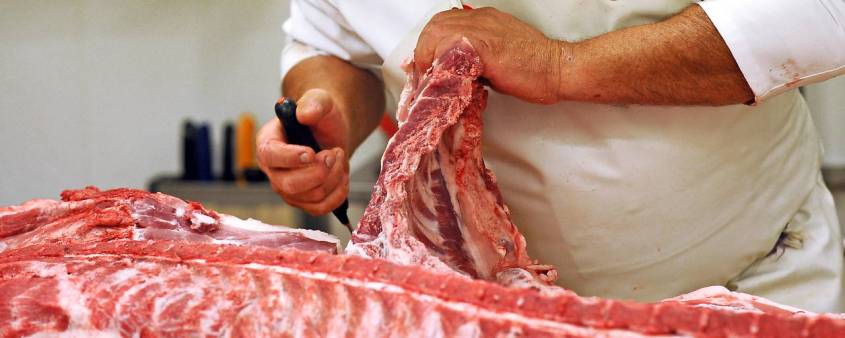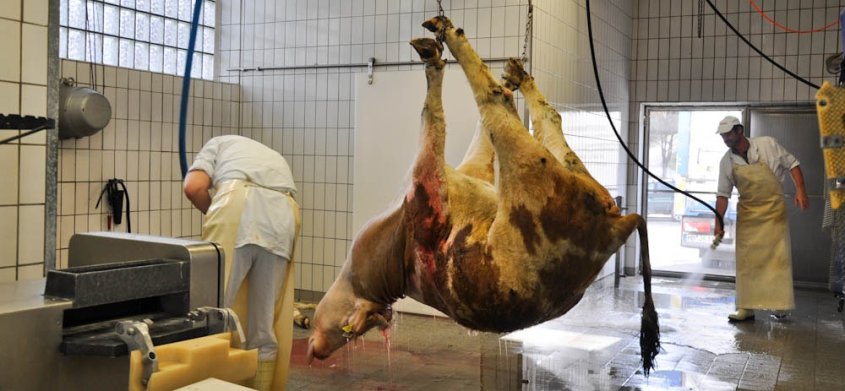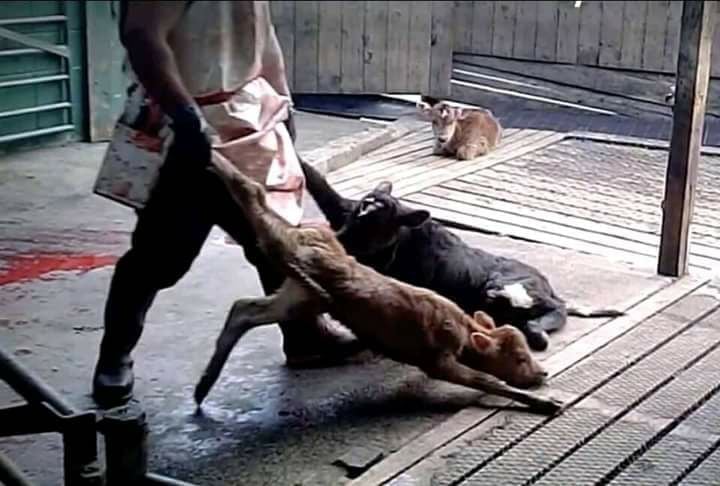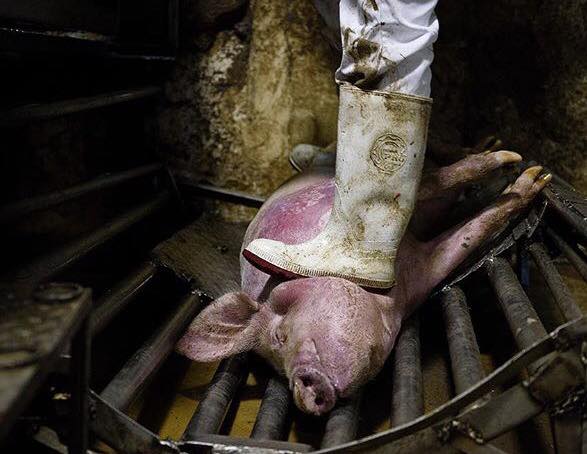
With thanks to Stacey at ‘Our Compass’ for sending this data over – Mark.
https://our-compass.org/2020/05/18/happy-cows-and-humane-dairy-ruled-unacceptable/
Source Medium
We, the complainants (Fairbrother, Kemp, others) welcome the decision made by the Advertising Regulatory Board (ARB) Appeal Committee regarding the ruling Fair Cape Dairies vs Kemp, Fairbrother, others on 30 April 2020.
The conclusion in the appeal decision makes the order:
22.1 The use of the phrases/words “#HappyCows” and “humane” by Fair
Cape in its advertising is in breach of clause 4.1 and 4.2.1 of the Code [of Advertising Practice].
22.2 Fair Cape is instructed to withdraw the phrases/words “#HappyCows” and “humane” from its advertising in accordance with clause 15.3 and 15.5 of the Procedural Guide.
We are in agreement with the statement by the ARB Appeal Committee that
”In our view, humane treatment means more than freedom from violence, pain and disease; it means treatment characterised by tenderness, compassion, and sympathy. It does not include many of the practices complained of, such as the forced impregnation of cows, the forced separation of calves from their mothers immediately after birth, and the slaughter of male calves thereafter.
It follows then, in our view, that the cows cannot be described as happy, or as humanely treated.”
We would like to thank the Advertising Regulator Board for their commitment to fairness and transparency during the course of our complaint and appeal. We also applaud their commitment to responsible and honest advertising. In addition, we would like to thank Animal Law Reform South Africa for their assistance with this matter, including the provision of research, compilation of information and points of issue and review of the Code and documents submitted.
Consumers care about their food choices and many care deeply about animals. For these reasons consumers are increasingly demanding transparency from these industries. To meet these demands it is unfortunate that green-washing and humane-washing advertising techniques are extremely common and heavily on the increase. These advertising techniques are designed to purposely manipulate and exploit the good faith of well meaning consumers.
Fair Cape Dairies has a history of misleading consumers with so-called ‘free-range’ claims and their use of the terms ‘humane’ and ‘#happycows’ in their advertising is no exception. Fair Cape Dairies do not only directly misinform consumers, but they actively conceal many of their practices while creating an illusion of transparency.
Unfortunately, the majority of people in South Africa are not aware of the many horrific standard practices in the dairy industry. The dairy industry thrives in obfuscation. They have an interest in omitting and obscuring the facts about dairy, and it is done through ‘omission and silence and in the presentation of an incomplete and idealised picture’ (¹).
We encourage all those who value truth and justice and who abhor cruelty to animals to investigate the dairy industry and to inform yourselves. This cruelty is not an anomaly, but is standard practice inherent in the industry. To be informed, is to be empowered. When we are informed we can make consumer choices that are authentic and genuinely in line with our values.
We believe we have extensively covered many of these standard practices in our appeal (Section d. Facts and Research). In our appeal we also address many of the claims made by Fair Cape Dairies, we provide multiple facts on the dairy industry, and we provide information on consumer awareness of dairy practices in in South Africa.
While our original complaint was dismissed by the ARB, we felt confident that the ruling had grounds to be challenged and we subsequently submitted an appeal. Our complaint then found itself in front of the ARB Appeals Committee which ruled in our favour.
In our commitment to transparency we have provided all documents relating to the initial complaint, appeal, supporting documents and final rulings, ordered by date below.
ARB Ruling Documents
- ARB — Initial Ruling — Fair Cape vs Fairbrother, Kemp, others
- Fair Cape Dairies — 190521 — ARB complaint response
Appeal Documents
Final Ruling Document
Written by Joanne Fairbrother on behalf of the com
———————————————————————
Click HERE to go Dairy-Free
Take the Dairy-Free Challenge HERE
Order a FREE vegan kit: http://www.peta.org/living/food/free-vegan-starter-kit/
Take PETA’s Cruelty-Free Shopping Guide along with you next time you head to the store! The handy guide will help you find humane products at a glance. Order a FREE copy HERE
Searching for Cruelty-Free Cosmetics, Personal-Care Products, Vegan Products, or more?
Click HERE to search.
Click HERE to find out How to Wear Vegan!
Want to do more than go vegan? Help others to do so! Click below for nominal, or no, fees to vegan literature that you can use to convince others that veganism is the only compassionate route to being an animal friend:
PETA: https://www.petaliterature.com/
Vegan Outreach: https://veganoutreach.org/order-form/
Get your FREE Activist Kit from PETA, including stickers, leaflets, and guide HERE
Have questions? Click HERE

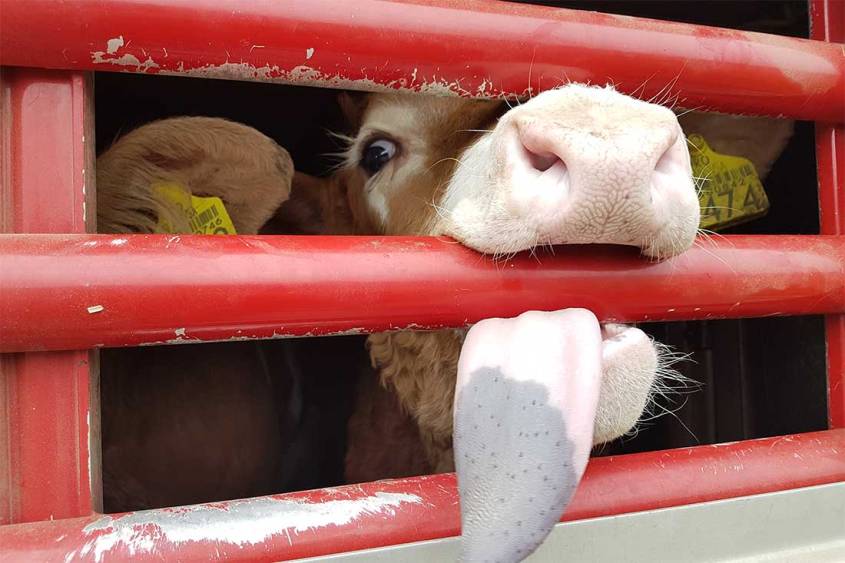


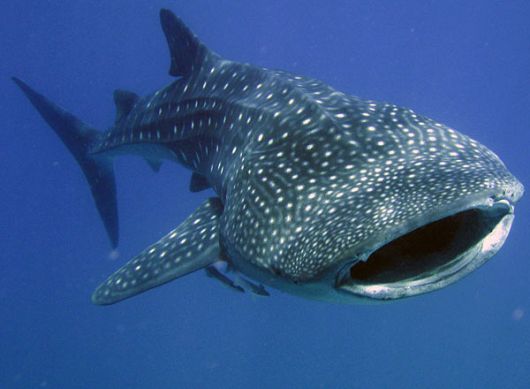 Photo – Aquarium of the Pacific.
Photo – Aquarium of the Pacific.
